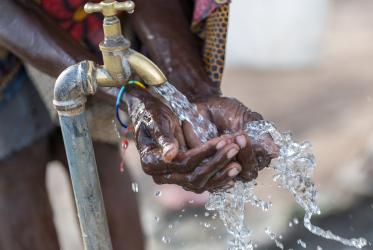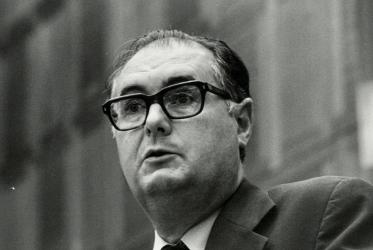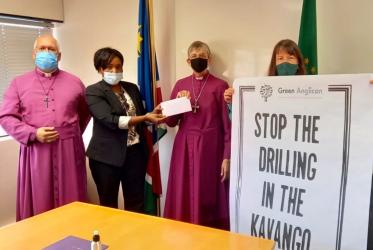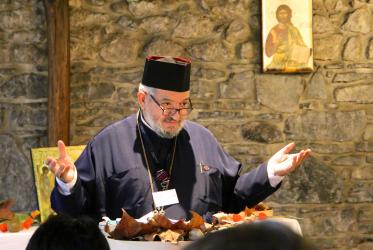Displaying 1 - 20 of 166
WCC mourns the death of Julio de Santa Ana
20 April 2023
Pandemic and pedagogy: what are the valuable lessons?
21 December 2022
Theological education in Africa promotes social transformation
03 November 2022
South Sudanese Churches shelter populations displaced by floods
23 September 2021
New student body at Bossey Ecumenical Institute “a source of joy”
14 September 2020


















